The lifespan of a dog can be a significant factor for prospective pet owners, as the desire for a long-lived companion is natural. Certain dog breeds are known for their exceptional longevity and overall health, often living well beyond the average lifespan of other breeds. These breeds tend to have fewer genetic health problems and maintain a high quality of life well into their senior years. The following twelve breeds are renowned for their longevity and robust health, a result of careful breeding, inherent genetic advantages, and, often, their smaller size. Each of these breeds not only offers the potential for long-term companionship but also the joy of a life shared with a healthy, active pet.
1. Chihuahua
Chihuahuas are one of the longest-living dog breeds, often reaching 15-20 years of age. Their small size plays a significant role in their longevity. Chihuahuas generally have fewer genetic health issues compared to larger breeds, though they can be prone to some conditions like heart problems and patellar luxation. Their energetic personality and active lifestyle contribute to their overall health. Chihuahua owners must maintain regular veterinary care, proper nutrition, and daily exercise to support their long lifespan. Their compact size makes them less prone to injuries that could affect larger, more active breeds.
2. Toy Poodle
Toy Poodles are known for their longevity, often living between 12 to 15 years and sometimes longer. This breed is renowned for its intelligence and low-shedding coat, which benefits owners with allergies. Toy Poodles are generally healthy, but like all breeds, they can be prone to certain health conditions like dental and eye disorders. Regular exercise and mental stimulation play a significant role in maintaining their health. Their smaller size contributes to their longer lifespan, as smaller breeds tend to live longer than larger breeds. Responsible breeding practices have also helped reduce the prevalence of genetic health issues in Toy Poodles.
3. Jack Russell Terrier
Jack Russell Terriers are known for their boundless energy and can live up to 16 years or more. This breed is generally healthy and maintains a high activity level well into age. Jack Russells were originally bred for hunting, contributing to their robust health and endurance. Regular exercise and mental stimulation are crucial for this breed, as they are highly energetic and intelligent. While generally healthy, Jack Russells can be prone to conditions like patellar luxation and deafness. Consistent veterinary care and a healthy lifestyle can help mitigate these risks.
4. Australian Cattle Dog
The Australian Cattle Dog, also known as the Blue Heeler, is known for its longevity and robust health. These dogs are often active and healthy well into their senior years, with many living up to 15 years or more. Australian Cattle Dogs were bred for herding and have a strong, athletic build. They require regular exercise and mental challenges to stay healthy. This breed is generally healthy, but like all breeds, they can be prone to certain conditions like hip dysplasia and progressive retinal atrophy. Their active lifestyle and strong genetics contribute to their overall longevity.
5. Shih Tzu
Shih Tzus are known for their long lifespans, often living into their mid-teens. They are generally a healthy breed, although they can be prone to respiratory problems due to their short snouts and eye problems. Regular veterinary check-ups, a healthy diet, and proper grooming are essential to maintaining health. Shih Tzus are relatively low-energy dogs, but regular exercise is still important to keep them fit and healthy. Their small size contributes to their longer lifespan, and careful breeding practices have helped reduce the incidence of genetic health issues.
6. Lhasa Apso
Lhasa Apsos are another small breed known for longevity, often for 15 years or more. They were originally bred as watchdogs in monasteries, contributing to their robust health and alert nature. Lhasa Apsos are generally healthy, but they can be prone to certain conditions like kidney problems and eye issues. Regular health check-ups, a balanced diet, and moderate exercise are important for their health. Their long, dense coat requires regular grooming to prevent matting and skin issues.
7. Beagle
Beagles are known for their good health and can live up to 15 years or more. They are a sturdy breed with fewer genetic health problems than many other breeds. Beagles were bred for hunting, contributing to their strong build and stamina. Regular exercise is important for Beagles to prevent obesity, which can lead to other health issues. They can be prone to certain conditions like epilepsy and hypothyroidism, so regular veterinary care is important. Their playful and friendly nature also contributes to their overall well-being.
8. Pomeranian
Pomeranians are small dogs with a lifespan, often reaching into the mid-teens. They are generally a healthy breed but can be prone to certain conditions like dental issues and luxating patella. Even though they are small, regular exercise is important to keep them fit and healthy. Pomeranians have a thick double coat that requires regular grooming. Their small size contributes to their longevity, and they maintain an active and playful personality well into their senior years.
9. Maltese
Maltese dogs are known for their long lifespans, often up to 15 years or more. They are a small and generally healthy breed, although they can be prone to certain issues like dental problems and patellar luxation. Regular veterinary check-ups and a healthy lifestyle are important for maintaining their health. Maltese dogs require regular grooming to maintain their long, silky coat. Their small size and low exercise needs make them well-suited for various living situations.
10. Dachshund
Dachshunds are known for their distinctive appearance and long lifespan, often for 15 years or more. They are generally healthy, but their unique body shape can lead to spinal issues, so preventing them from becoming overweight is important. Regular exercise is important for maintaining muscle tone and overall health. Dachshunds are playful and energetic, maintaining an active lifestyle well into their senior years. Regular veterinary care and a healthy diet are key to managing their health.
11. Miniature Schnauzer
Miniature Schnauzers are known for their robust health and can live up to 15 years or more. They are an active breed that requires regular exercise. Miniature Schnauzers are generally healthy, but they can be prone to certain conditions like pancreatitis and diabetes. Regular veterinary check-ups and a balanced diet are important for their health. Their wiry coat requires regular grooming, but they shed very little, which benefits people with allergies.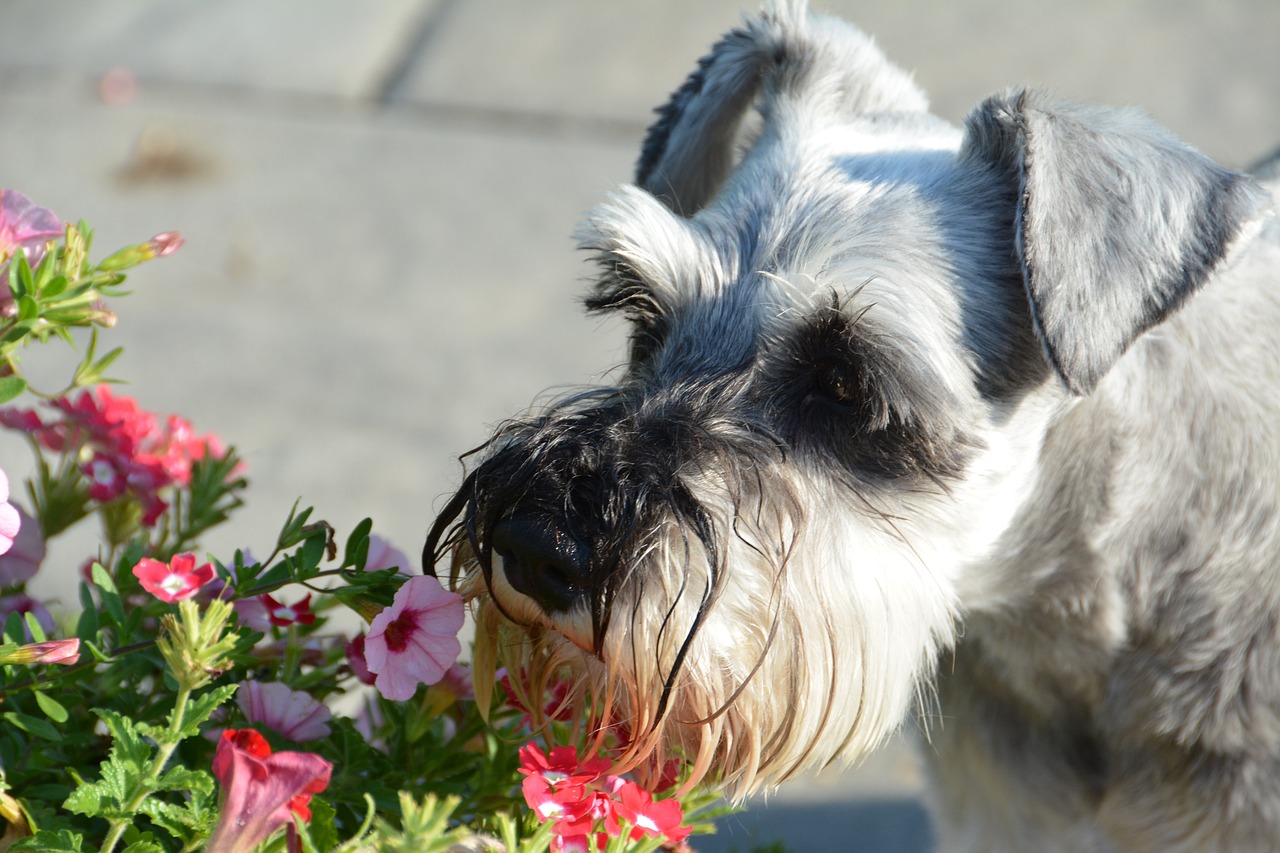
12. Bichon Frise
Bichon Frises are small dogs known for their long lifespans, often living into their mid-teens. They are generally healthy but prone to certain conditions like allergies and dental problems. Regular exercise and mental stimulation are important for their well-being. Bichon Frises have a curly coat that requires regular grooming to prevent matting. Their playful and affectionate nature contributes to their overall health and happiness.
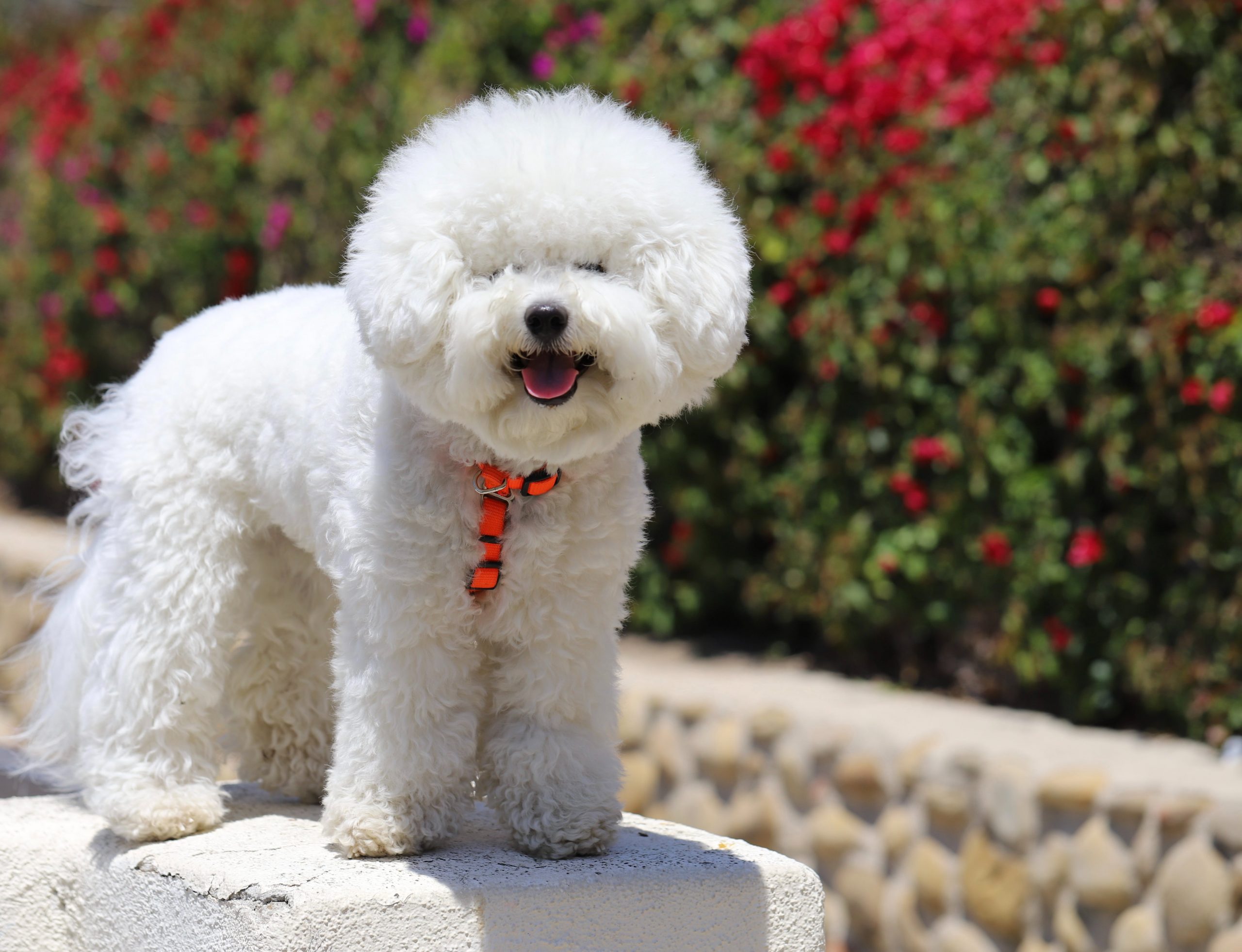
These twelve dog breeds are known for their longevity and overall robust health, offering the potential for many years of companionship. From the energetic Jack Russell Terrier to the sturdy Beagle, these breeds exemplify the benefits of good genetics, proper care, and a healthy lifestyle. While each breed may have specific health considerations, regular veterinary care, a balanced diet, and appropriate exercise are key to ensuring a long and healthy life for these pets. These breeds not only provide companionship but also the joy and comfort of a long-term relationship with a beloved pet.
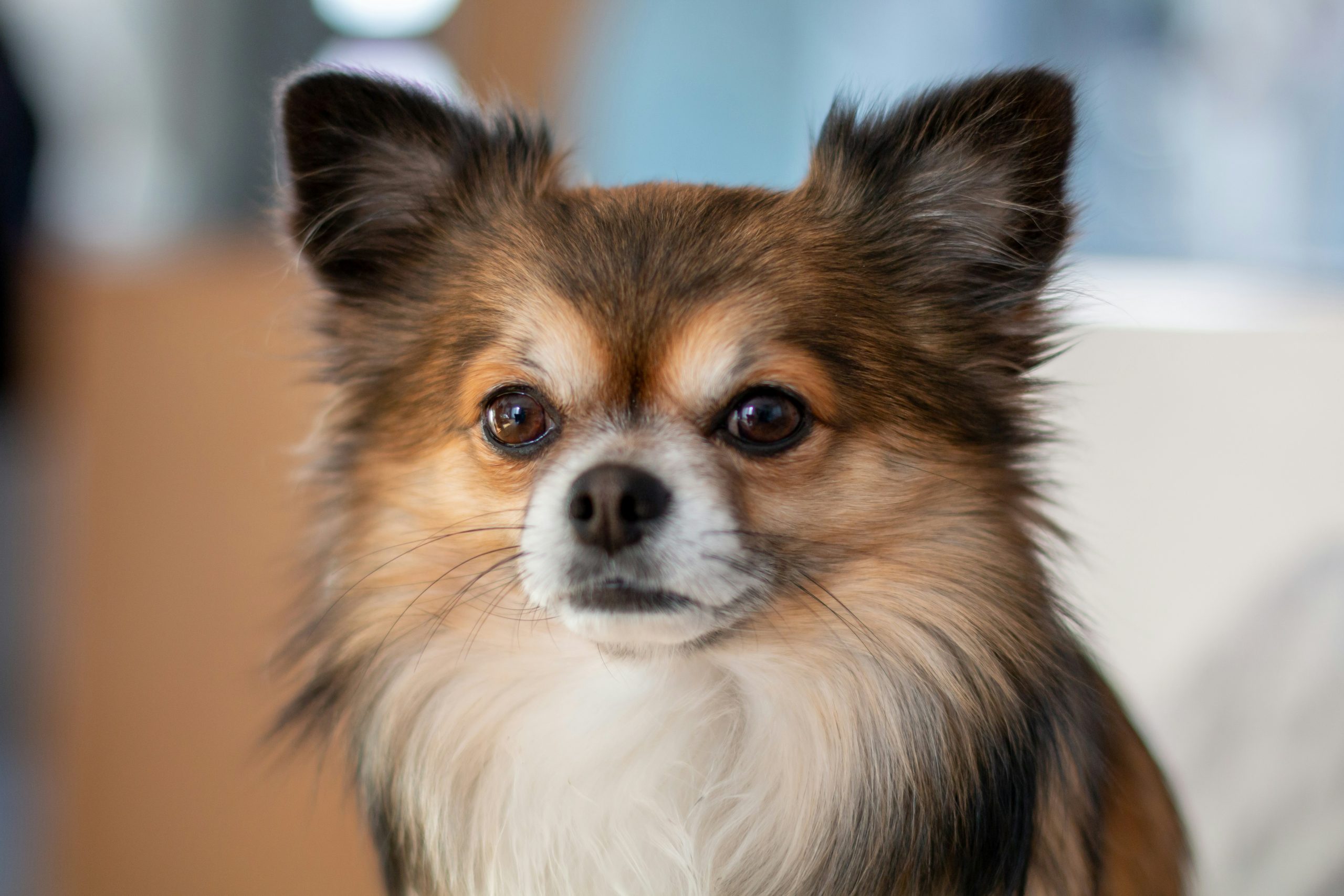
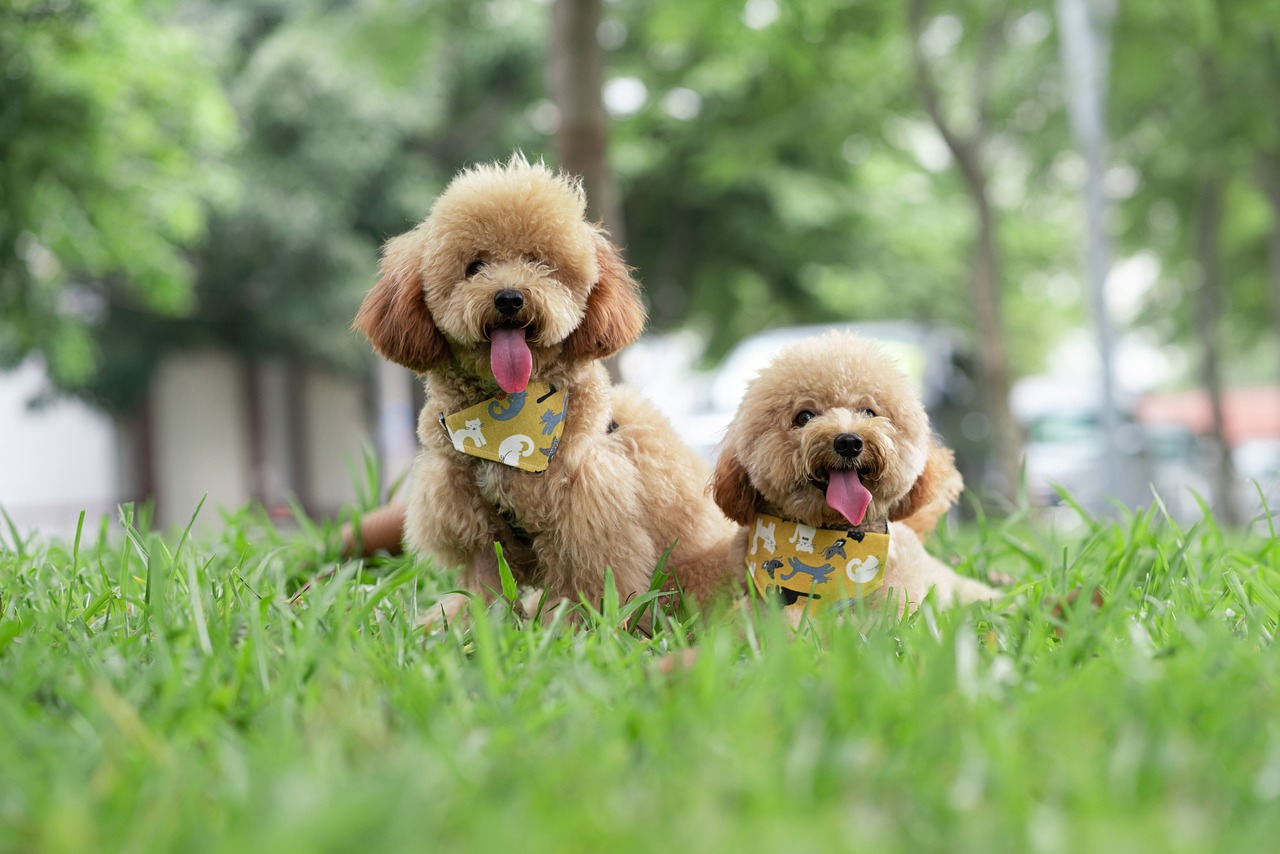
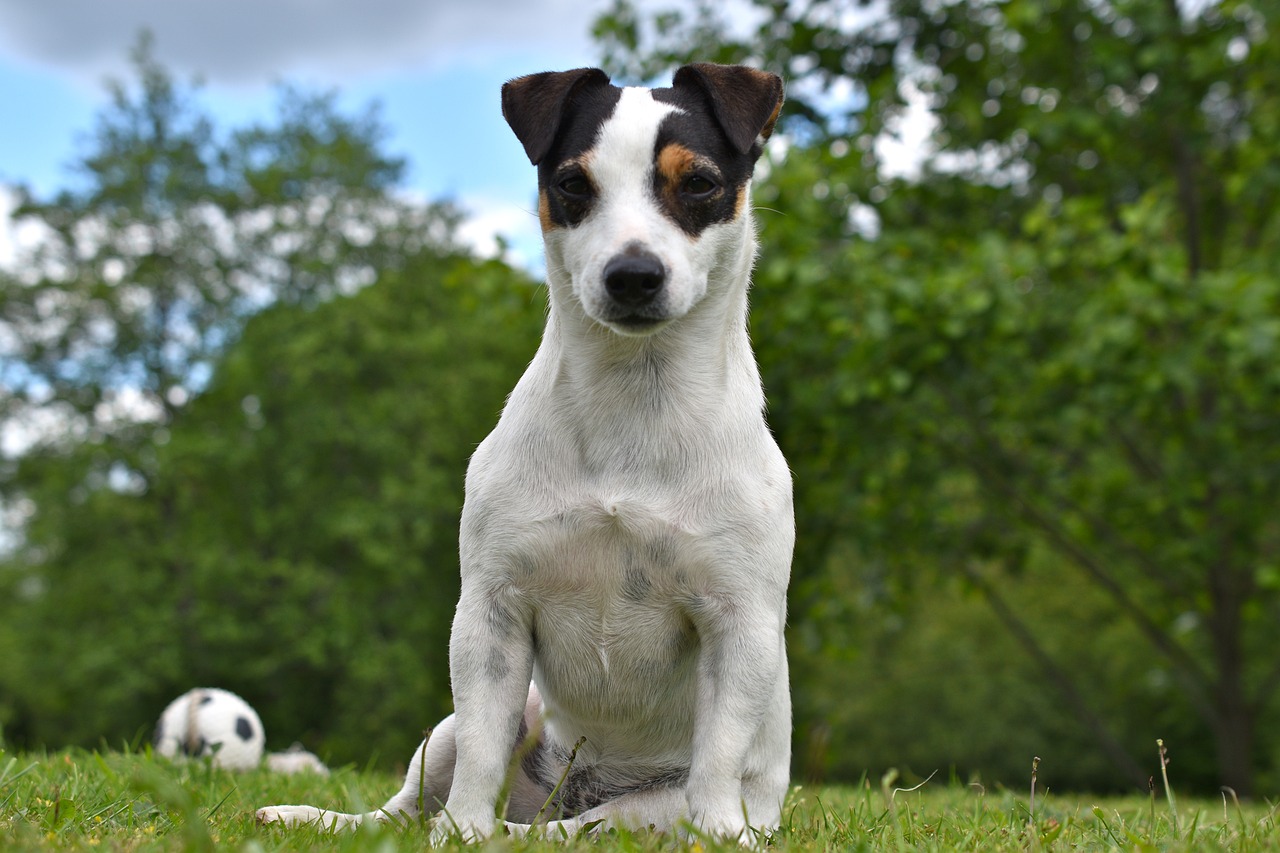


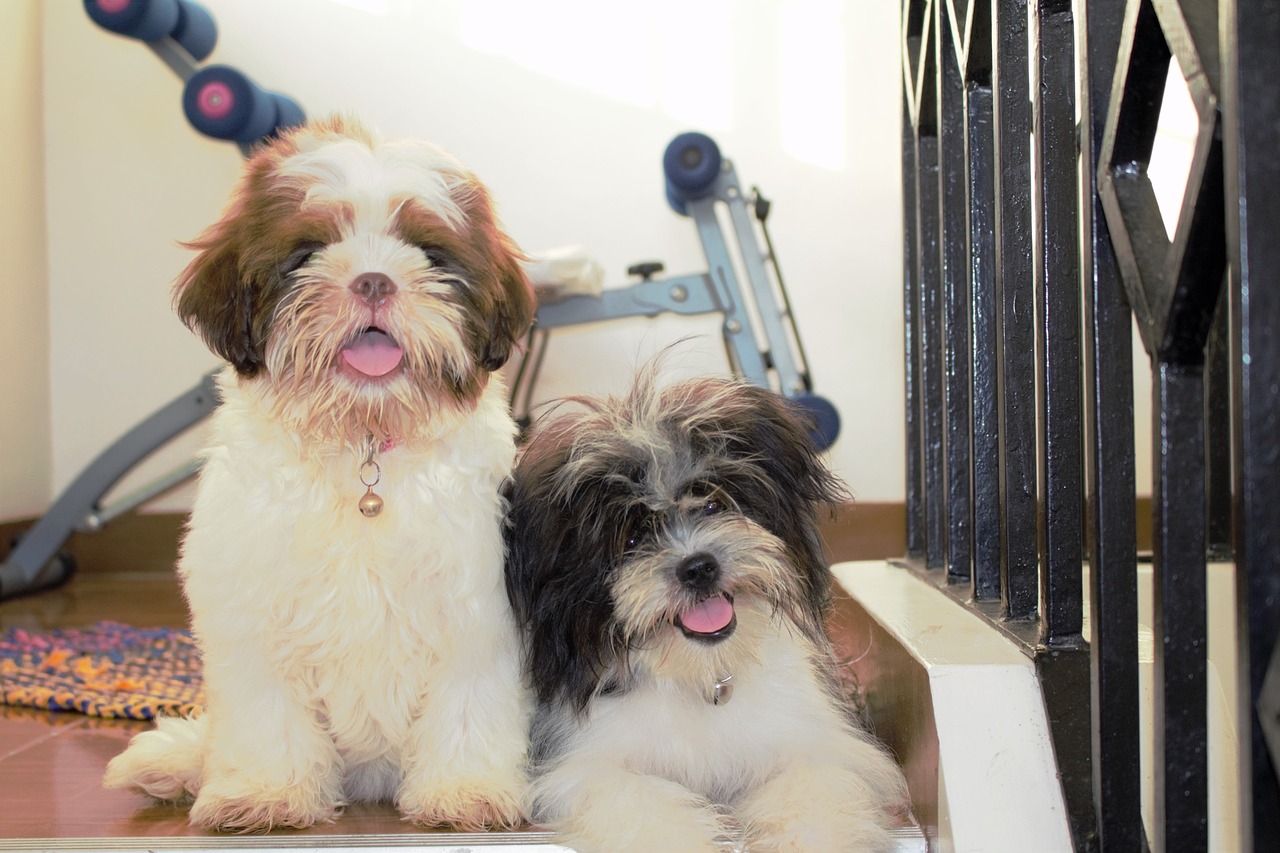

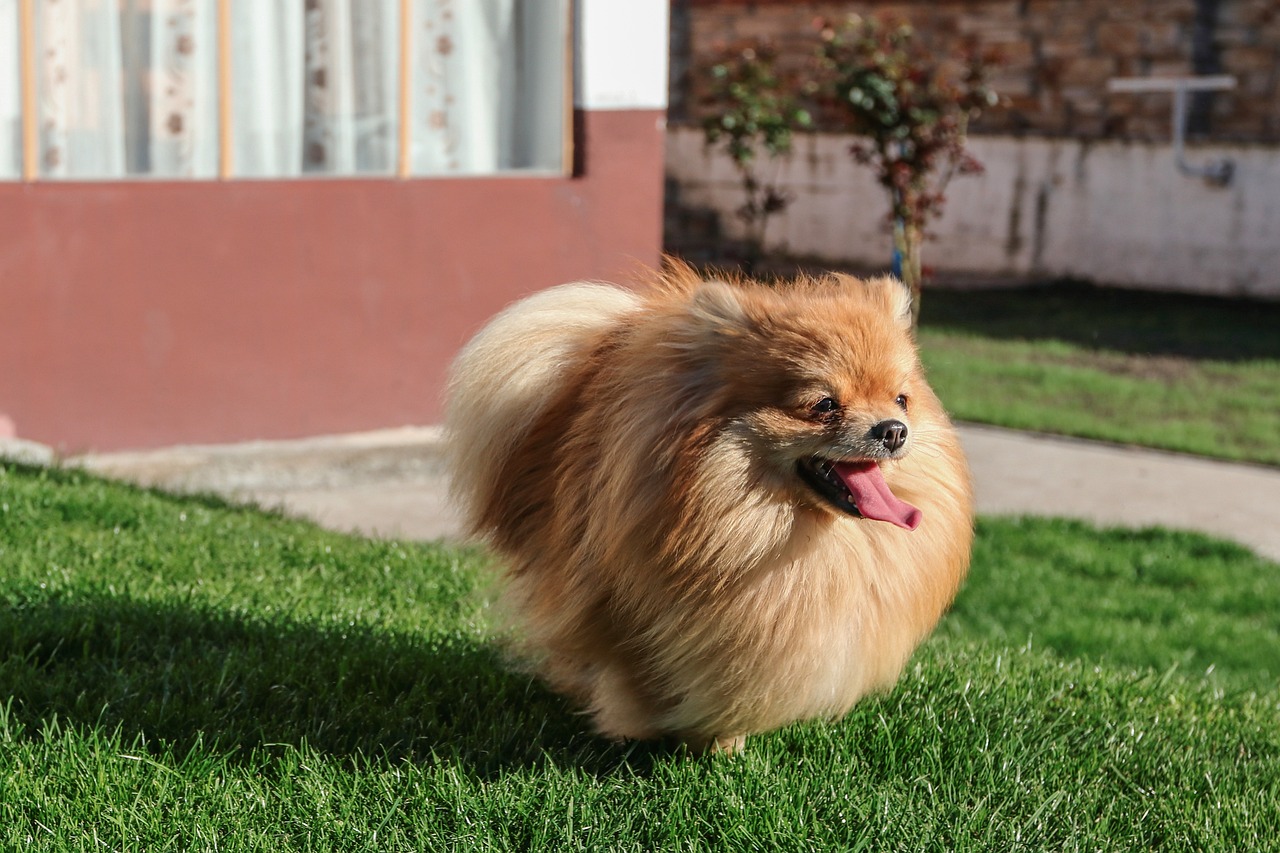


 Toledo, United States.
Toledo, United States.